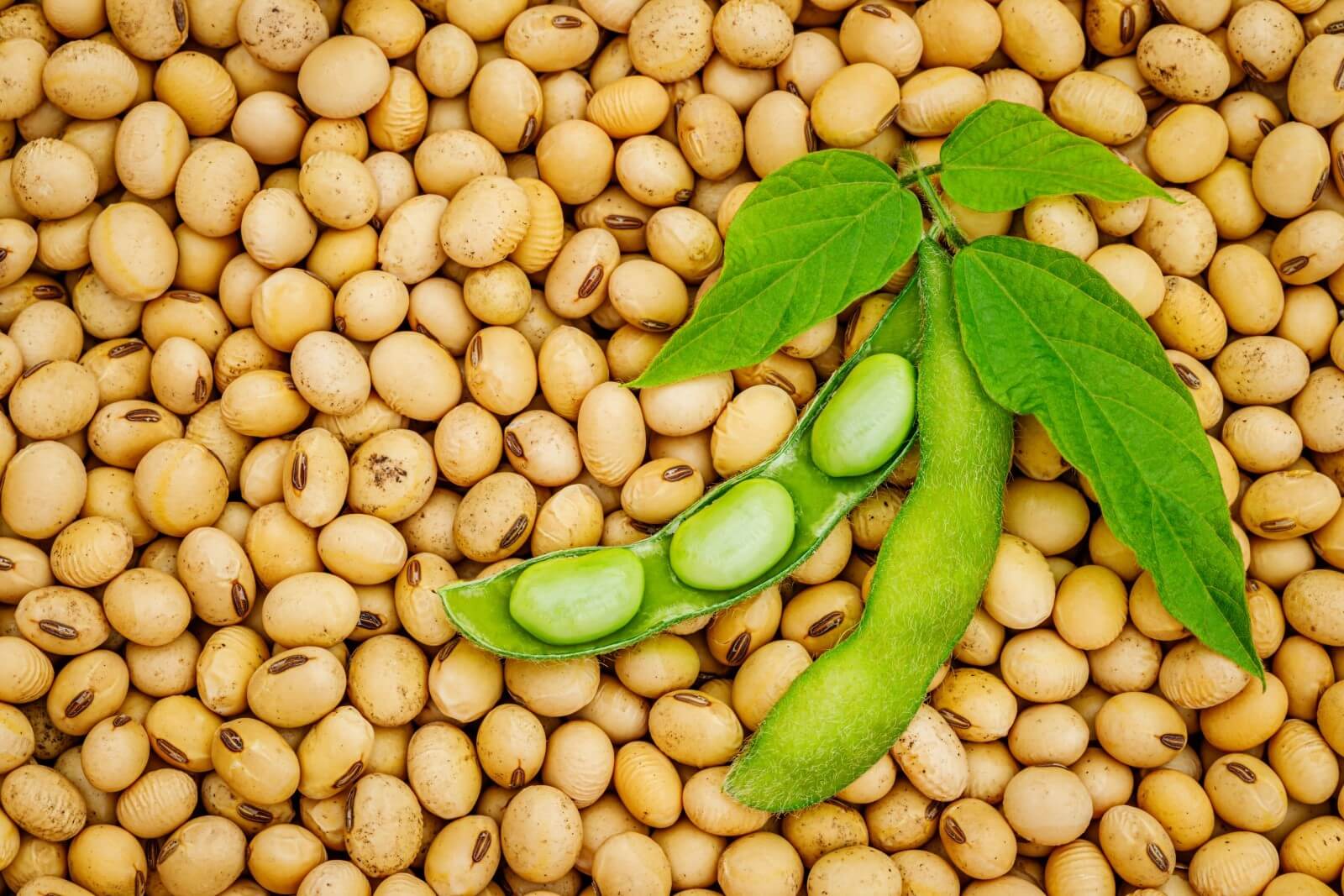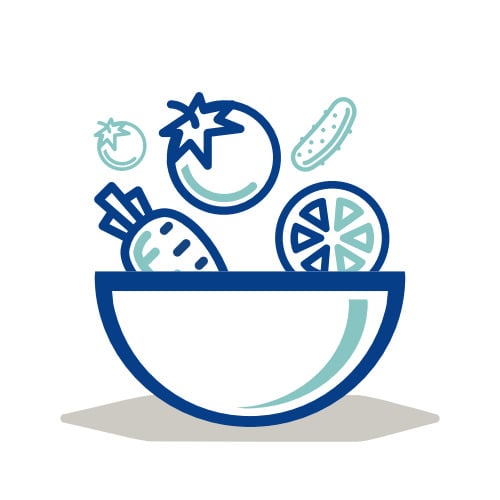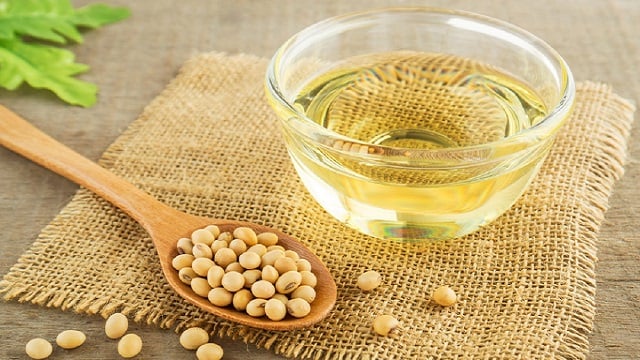Complete plant for India’s biggest producer of non-GMO soy protein isolate
A complete plant was designed, engineered, installed and commissioned by Alfa Laval for a major food processor in India. A long-standing customer of Alfa Laval, the company has bought several separators, heat exchangers and flow components for the dairy as well as oils & fats side of its business for many years. As a result, when they decided to make this strategic move into the soy protein isolate market, Alfa Laval was the obvious choice.
DATE 2024-03-21
“In this plant, we are using almost all of our core products, and in significant numbers – 9 decanters, 4 separators, 3 membrane systems and 1 evaporator, as well as flow components like pumps and valves and Alfa Laval’s hygienic fittings,” says Pankaj Maheshwari, VP Alfa Laval Food Systems, India. “This is a complete soy processing plant in a new market and opens new opportunities in India and globally. We partnered with our customer and developed it through tests in our test center, and this is a knowledge we will apply in our work with other customers going forward with Alfa Laval technology.”
Soy protein isolate is a highly refined and purified form of non-GMO soya protein. It is made from defatted untoasted soya grits, which have had most of the non-protein components, fats and carbohydrates removed. Because of this, it has a very neutral flavour and is mainly used to increase protein content, enhance moisture retention, and improve the texture of meat, vegetarian and vegan products.
“This project is a good example of what can be achieved with good cooperation and open discussions,” says Sumit Pingle, Alfa Laval’s Industry Manager for Protein. “Right from the start, it has been a constructive partnership. It has been exciting to be involved in something new and for it to be such a success – to our mutual benefit.”

In 2022, the global soy protein isolate market had a value of USD 2,987 million or EUR 2,724 million. Soy protein isolate is a key additive to spike the protein content of plant-based foods at a time with growing consumer preference for more sustainable food options.
The market is pegged to reach a value of USD 4,152 million or EUR 3,787 million by 2033, with a CAGR of 3 percent during the forecast period between 2023 and 2033.
Soy protein isolate is playing an increasing role in the production of infant formula and foods, prepared meals and foods, health drinks and plant-based meat substitutes. In addition, the demand for organic soy protein isolate is again rising on the back of consumer awareness and preferences for sustainable food options.
Growth in markets in the Asia Pacific region is propelled mainly on the back of preferences for clean labels and predominantly on the back of traction from more affluent consumer segments. (Source: Future Market Insight, 2023)
Highlighted Processes
Emissions savings
Close to zero carbon emissions in Alfa Laval decanter assembly because all Alfa Laval decanter manufacturing sites run exclusively on sources of renewable energy

Greenhouse gas emissions from animal-based foods are typically twice those of plant-based foods (FAO, 2021).
Sustainable food
Higher extraction yield

More protein contributes towards closing the gap in the additional 70 percent more food needed in 2050.

